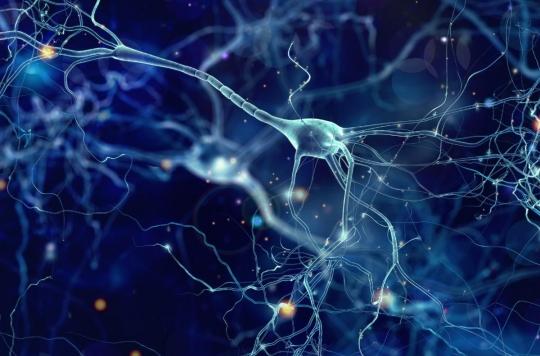Hypoxia has long-term consequences on the hippocampus, which can cause memory and learning impairments.

What are the consequences of oxygen deprivation on the body? For a long time, researchers thought it killed the brain cells of premature babies. A new study, published in Journal of Neuroscienceshows that in reality, the hippocampus is the most affected organ.
Hypoxia, a risk for premature babies
Every year there are 15 million premature births on the planet. Prematurity can have different health consequences, but some are more dangerous than others: the area of the brain dedicated to breathing can malfunction and the baby does not have the natural reflex to breathe. Hypoxia specifically refers to a lack of oxygen, and can affect both premature babies and people with chronic bronchopneumopathy.
Hundreds of weekly hypoxia phases
According to the findings of the researchers, a premature baby can live 600 periods of hypoxia per week, of more or less long duration. In this study, they were interested in the consequences they have on their brain thanks to the brains of premature sheep. The scientists compared the consequences of hypoxia and ischemia, poor blood circulation, on the development of the hippocampus. The latter is abnormal in the event of hypoxia, but the brain cells do not die contrary to previous beliefs. The greater the hypoxia, the greater the developmental disorders of the hippocampus. The abnormal growth of hippocampal cells has an impact on the functioning of memory and learning.
Researchers are continuing their investigations and hope to develop new treatment techniques to minimize the consequences of hypoxia on the brains of premature babies.
.
















